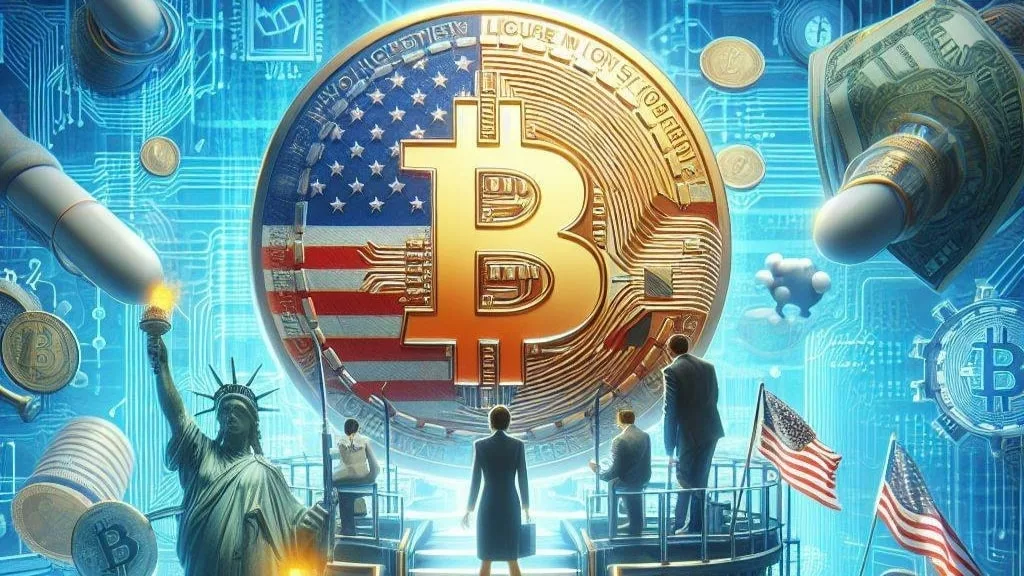
In the ever-evolving landscape of digital assets, the future of bitcoin ownership in the United States hangs in the balance. Recent warnings from industry insiders, including the enigmatic figure known as Cobra, shed light on potential regulatory hurdles that could impede the self-custody of bitcoin. As debates rage on, experts and enthusiasts alike grapple with the implications of government intervention in the realm of cryptocurrency.
Cobra, the mysterious owner of Bitcoin.org, has sounded the alarm regarding the precarious state of bitcoin self-custody in the United States. In a series of social media posts, Cobra expressed concerns over the looming specter of government intervention in the form of a potential ban on self-custody. According to Cobra, such a prohibition could prevent citizens from holding bitcoin without the involvement of a custodial intermediary.
Indeed, the decentralized nature of Bitcoin presents significant challenges for any regulatory crackdown. Attempts to restrict self-custody could be met with staunch resistance from the crypto community, who view it as a direct infringement on their financial liberties.
Moreover, the emergence of innovative solutions such as multi-signature wallets and hardware devices further complicates the enforcement landscape. These tools enable users to maintain custody of their Bitcoin while implementing robust security measures, making it exceedingly difficult for authorities to intervene.
The Road Ahead: Navigating Regulatory Uncertainty in the Cryptocurrency Space
As discussions surrounding the regulation of Bitcoin intensify, stakeholders are faced with a complex dilemma: how to strike a balance between regulatory oversight and individual freedoms. While regulatory clarity is essential for fostering mainstream adoption and mitigating risks, excessive intervention could stifle innovation and erode trust in the system.
Drawing parallels to historical precedents, Cobra highlighted the U.S. government’s past actions regarding private ownership of gold in the 1930s. He referenced Executive Order 6102, which effectively outlawed the hoarding of gold within the country. Cobra posited that similar measures could be taken against bitcoin self-custody, despite the impracticality of enforcing such regulations.
Echoing Cobra’s sentiments, Dennis Porter, co-founder of the Satoshi Action Fund, emphasized the need to safeguard bitcoin and cryptocurrency rights, including the freedom to self-custody. Porter has spearheaded a nationwide initiative aimed at enshrining these rights at the state level in the United States. Like Cobra, he has voiced apprehensions regarding potential government restrictions on bitcoin mining and self-custody.
However, skeptics have questioned the feasibility and enforceability of a blanket prohibition on bitcoin self-custody. Critics argue that secure private ownership is integral to the very essence of bitcoin and cryptocurrencies, and any attempt to restrict it would be met with significant challenges. Moreover, the decentralized nature of bitcoin makes it inherently resistant to top-down control.
Despite the concerns raised by Cobra and others, the future of bitcoin ownership in the United States remains uncertain. While some fear government intervention, others maintain optimism about the resilience of bitcoin and its ability to overcome regulatory obstacles. As the debate continues to unfold, stakeholders across the cryptocurrency landscape are closely monitoring developments and advocating for policies that uphold the principles of financial freedom and individual sovereignty.


Get the latest Crypto & Blockchain News in your inbox.